Mozambique: UEM hands over 504 laptops to STEM students
Mozambique: UN warns of challenges in combating human trafficking in north
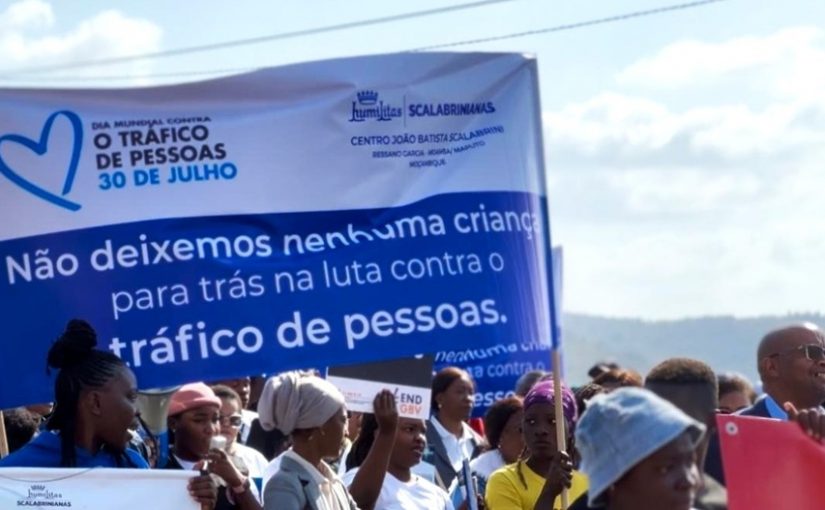
Photo: Notícias
The United Nations warned on Monday of the “structural vulnerability” that fuels human trafficking in the northern Mozambican province of Cabo Delgado, due to attacks by extremists since 2017.
“In Mozambique, in the northern region alone, around one million people have fled extreme violence. These communities need additional support, as their circumstances unfortunately create fertile ground for trafficking networks” said the head of the United Nations Office on Drugs and Crime (UNODC) mission in Mozambique, António de Vivo, speaking during the Academic Forum on Human Trafficking, ahead of the World Day Against Trafficking in Persons, which is celebrated on 30 July, with this year’s theme being ‘Human Trafficking is Organized Crime – End the Exploitation’.
According to the UNODC representative, combating human trafficking is more than a “legal issue”; it is also a social, cultural, institutional, and “deeply” human endeavour, pointing to poverty and fear as factors that intensify the practice of this crime.
“What makes this crime even more painful is that it often occurs before our very eyes, and fear, poverty, stigma and impunity silence it,” lamented António de Vivo.
For António de Vivo, human trafficking “is more than a crime”, it is a “flagrant violation of human dignity”, leading to “lives erased, dreams interrupted, families destroyed”.
The head of the mission said he would provide institutional support to Mozambique through “strategic actions” aimed at “strengthening the technical and operational capacity” of those involved in the fight against what he described as a transnational crime.
The Attorney General’s Office (PGR) of Mozambique yesterday called for investment in training professionals capable of stopping human trafficking in the country, warning of the use of digital platforms in the recruitment of victims.
‘Organised trafficking networks profit from the exploitation of victims whom they currently recruit in various ways, including through digital platforms, so combating this crime and identifying victims requires increasingly innovative and determined efforts,’ said Deputy Attorney General Amabélia Chuquela at the opening of the same forum.
The Mozambican Public Prosecutor’s Office (MP) has called on academic institutions, in partnership with the state and civil society, to take action to stop this type of crime, indicating that a collective approach will provide strategic tools to prevent continued human trafficking.
In the first half of this year alone, the Mozambican Public Prosecutor’s Office recorded at least five cases of internal trafficking of persons for sexual and labour exploitation in the provinces of Maputo, in the south of the country, Niassa, in northern Mozambique, and Tete and Sofala, in the centre.
“Concerning trafficking with international connections, we have registered two criminal cases, and the Central Office for Combating Organised and Transnational Crime is processing them,” said Amabélia Chuquela.
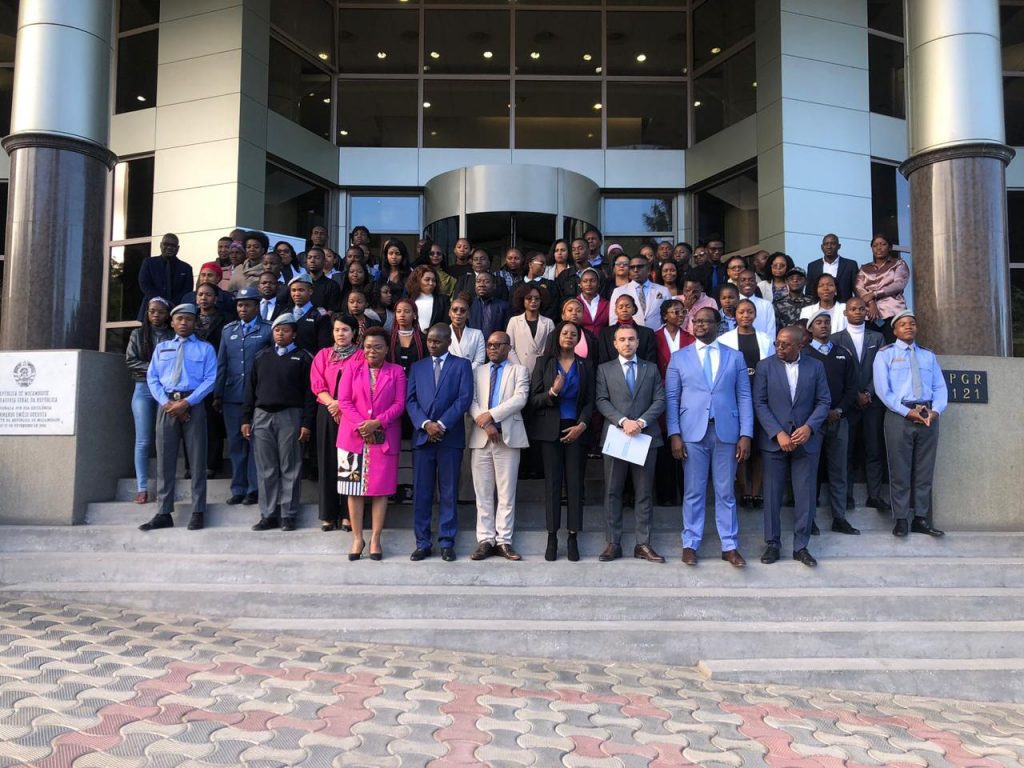
On 3 June, Mozambique’s deputy attorney general acknowledged the complexity of investigating human trafficking cases because these criminal operations have become increasingly “sophisticated” in the country.
According to the prosecutor, the modus operandi of these networks “has been becoming more sophisticated,” so authorities must overcome additional challenges to identify human trafficking cases in the country.
Islamic extremist groups killed at least 349 people in northern Mozambique in 2024, an increase of 36% over the previous year, according to a study that the Africa Centre for Strategic Studies (ACSS) released in February.
According to the academic institution of the US Department of Defence, which studies security issues in Africa, this “resurgence of violence” in Mozambique “reflects the strategy” of the ASWJ group – affiliated with the Islamic State, operating in Cabo Delgado province – to “widen the conflict by moving inland and into more rural areas”.
O tráfico de pessoas é crime organizado!
Suas vítimas são exploradas de várias formas:
🔹 Trabalho forçado
🔹 Exploração sexual (inclusive online)
🔹 Exploração infantil nas ruas e recrutadas para o crimeInforme-se com @UNODCMozambique: https://t.co/qnlTCQkXNA pic.twitter.com/uBJdmeyBXH
— ONU Moçambique (@ONUMocambique) July 29, 2025


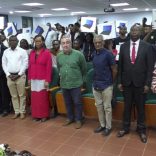
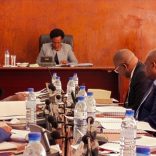
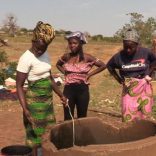
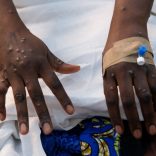






Leave a Reply
Be the First to Comment!
You must be logged in to post a comment.
You must be logged in to post a comment.